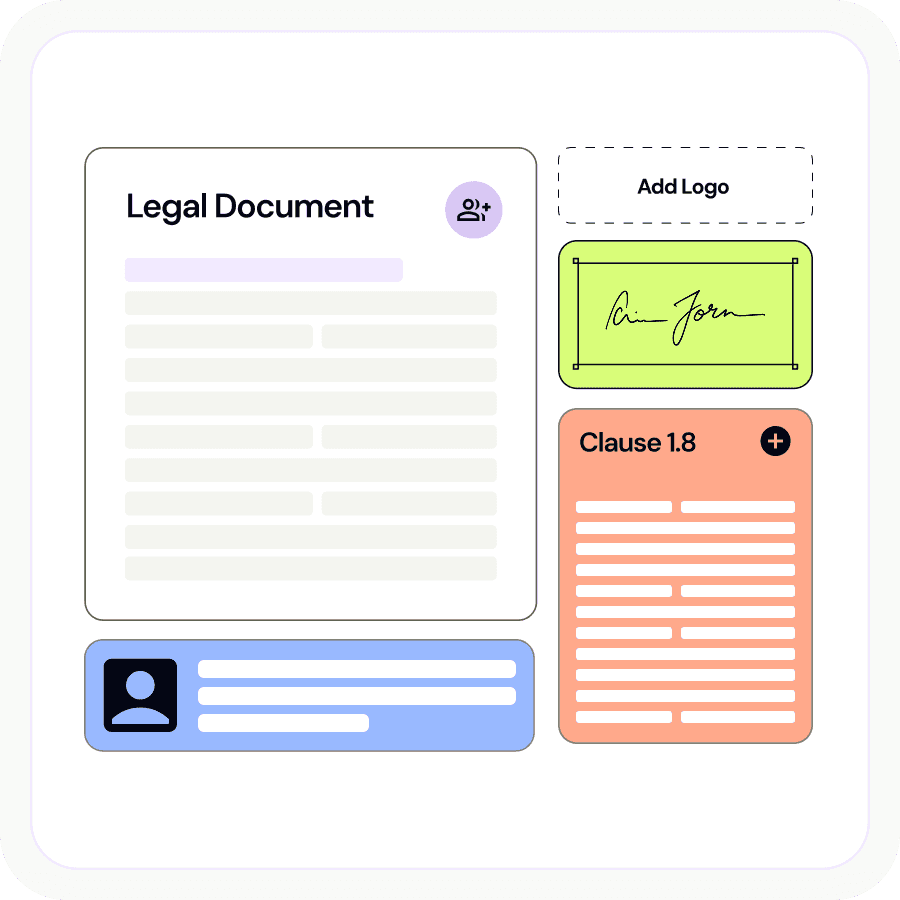All employees have a set of ordinary work hours regardless of whether they work full-time, part-time or casual. When requesting employees to work additional hours, employers must be careful their request is reasonable. Additionally, maximum hours of work per week in Australia fall under the National Employment Standards (NES). The NES covers all employees in spite of any award, agreement or contract. For more information on what the NES is and how it works, click here.
What is the maximum amount of hours an employee can work in Australia?
Maximum hours of work are any additional hours that go over the standard weekly hours of an employee. A request for an employee to work additional hours must be reasonable. An employees employment type determines what is considered to be their maximum hours. Anything above 38 hours in a week is considered to be additional hours for full time workers. For other employees such as part-time, casual and contract, their weekly hours are anything under 38. In addition, the hours of paid and unpaid leave need to be included in the hours worked per week.
What does ‘reasonable’ additional hours mean?
If a request to work additional hours is not reasonable, an employee has the right to refuse additional hours. So what determines whether a request is reasonable? Some of the factors that must be considered are pursuant to section 62 of the Fair Work Act 2009 (Cth):
- Personal situation of employee
- Requirements of employer
- Communication between worker and employer regarding working additional hours
- Usual work patterns in the industry
- Risk to workers wellbeing and security
- Employee entitlements to compensation that considers additional hours
- Other factors
To see the other factors that must be considered, visit the Fair Work Act 2009 (Cth). When determining the reasonability of working additional hours, all of these factors must be considered.
What are other scenarios which contribute to maximum working hours?
Another scenario where an employee may be required to work more than their regular hours in a week is an averaging arrangement. Agreements or awards can include averaging arrangements. Furthermore, the award or agreement can require additional working hours in a week.
Therefore, the averaging arrangement stipulated in the employee’s contract assists in looking at whether it was reasonable for the employee to work the additional hours in a week. Additionally, the factors of reasonability listed above would also be considered. Furthermore, under the Fair Work Act 2009 (Cth), engaging in an averaging agreement is not mandatory. For more information on how averaging arrangements work, visit the Fair Work website.
Concluding thoughts
Thus, there are no set amount of maximum working hours. Therefore the only key factor is whether the request to work overtime is reasonable. As long as the request to work additional hours is reasonable and the employee accepts it, they are able to work those hours in a week. If you are facing issues in the workplace, contact the Fair Work Ombudsman. Additionally, if you require any help, speak to one of our lawyers at Lawpath today.







